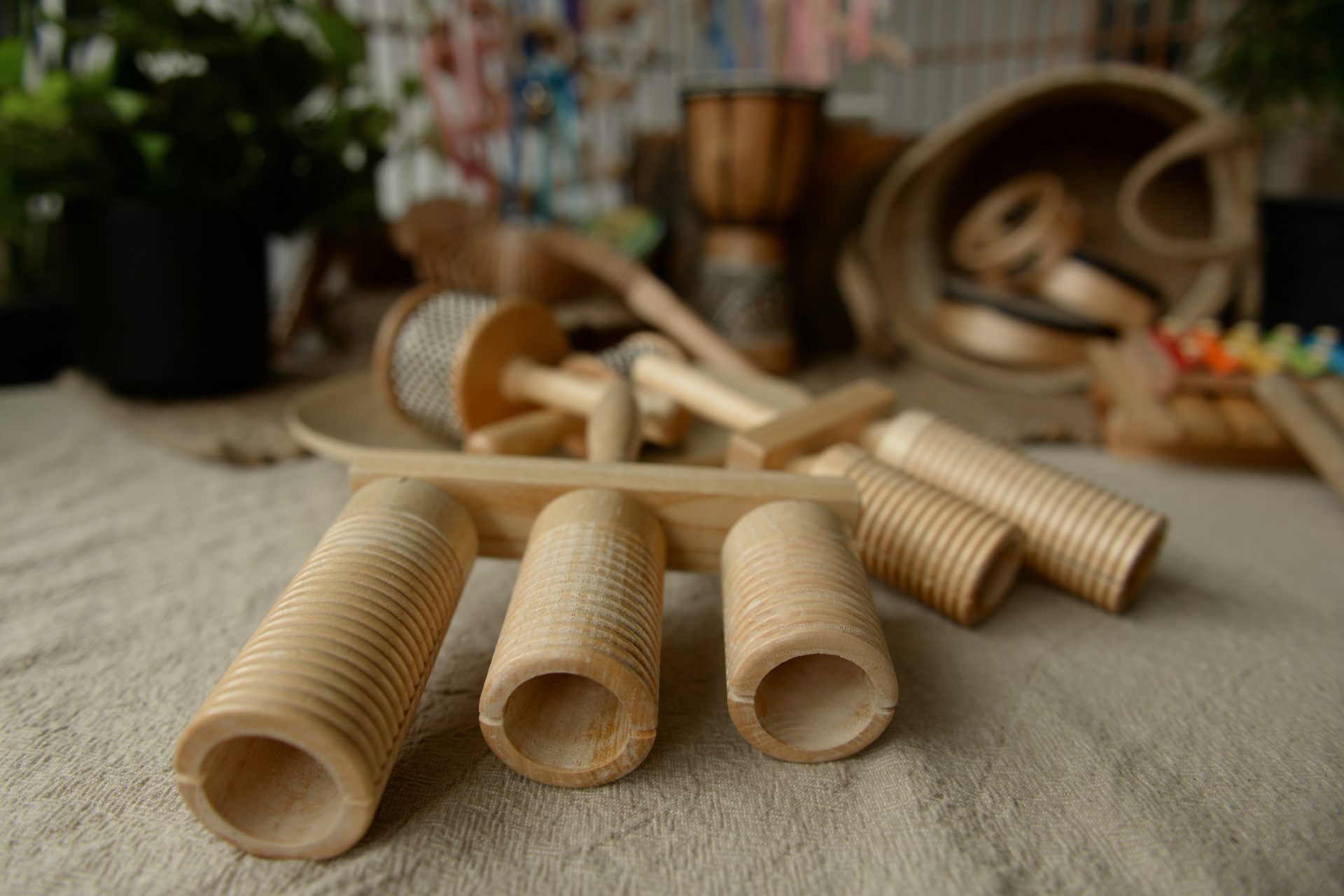
Basic maths skills are easy to introduce to little ones. Rather than thinking of this as a complex subject that is only taught at school, there are loads that parents and caregivers can do to introduce the foundations of maths in a really fun way.
Six simple steps to bring maths into everyday life
The key to a great learning experience is enjoyment. The pinnacle of education is when you don’t even realise you’re receiving it – and it’s really easy to introduce this philosophy during a child’s earliest years.
Maths isn’t solely about numbers. It’s also about shapes, angles, patterns, size, space and relationships between things. Learning to count is something that we naturally start to introduce to our children – but this is only one of the six easy steps you can take to lay important maths foundations.
- Count out loud: Bringing number play into everyday activities is both simple and fun. Laying the table? Count out the number of forks, knives, spoons etc that you need. Enjoying a walk in the park? Hold hands and both count out loud the number of steps you take. Play clapping games and count, how many sheep in a field… You get the idea. You can also introduce the idea of addition, subtraction etc by making piles of something, such as beads. Let’s make three piles of three beads or two piles of two, for example.
- Big vs. small: Comparing and contrasting one object to another is a great way to build the foundation of measurement skills. That dog is bigger than that one… Shall we choose the biggest watermelon… Which are the big cows and which are the little ones?
- Learn shapes: Understanding shapes is the basis from which geometry builds. Pointing out different shapes in everyday life is such a simple way for your child to learn this concept. A book is a rectangle, a pie is a circle, a triangular road sign… You can also combine this with the big vs. small mentioned above. A big rectangle or a small one? A large circle compared to a small one, etc.
- Cook, measure, count… The kitchen is a great place for your little one to learn skills. Measuring out ingredients, counting how many pieces of fruit are in a recipe, understanding how measuring scales work… Not only are you embedding basic arithmetic, but you’re also beginning to nurture a love of food prep and cooking too.
- Build things: What child doesn’t love building bricks! Stacking items on top of one another offers multiple learning opportunities. You could count how many bricks are in a tower… Let your child work out the interaction between different sizes and shapes of bricks – some will stack high, others won’t. You don’t even need brick – you can do the same with empty cartons and boxes. In fact, using these is a great way to introduce the concept of reuse and recycling into your child’s consciousness as well.
- Get sorting: Recognising patterns is a vital skill that’s the foundation of learning equations as a child grows. Instil this from an early age by playing sorting games. Let’s sort the apples from the oranges… Let’s put the red counters in one pile and the blue in another…. Make a line – one red, one blue, one red and so on – and you can make this more complex as your child grows and becomes more adept.
As you can see, learning basic maths concepts isn’t as complicated as sitting down and doing actual maths! Turning learning into a game is the very best way you can help your child grasp the concepts upon which further mathematical skills will grow.
At Evoke Early Learning, we utilise the world-famous Reggio Emilia approach that embraces such a fun approach to learning. At the heart of everything we do while looking after your children, this is the ultimate way to nurture a child’s passion for knowledge, encourage their natural curiosities and help them discover and embrace their place and identity in the world around them.
Discover more about our programs, values and Early Years Learning Framework – and book a tour to see our passionate team in action.

Tracey is a highly qualified educator and administrator and brings a strong combination of academic achievement, extensive work experience in the education and business sectors as well as drive and passion to her role as General Manager of Operations at Evoke Early Learning.
Tracey has a Master of Education and an Advanced Diploma of Business and holds VIT Dual Registration to teach in Early Childhood and Primary School settings. She’s also a VIT Trained Mentor Teacher and has worked in ECEC settings as a Director, Educational Leader and as a Victorian Senior Area manager. Her recognition as a state finalist in the recent Director of the Year Awards is testament to her achievements in the early education sector.
Her extensive work experience also included a stint as Head of Curriculum at the Royal Children’s Hospital Education Institute and positions as head of ICT at a number of large primary and secondary schools. Tracey is also experienced in not-for-profit sessional kindergarten settings and long daycare environments, so she has a deep understanding of what’s required to support the needs and expectations of young children, educators, parents and caregivers.
Tracey is responsible for operational management at Evoke Early Learning’s Clayton centre in Oakleigh East and their Albert Park centre in South Melbourne and is deeply committed to leading and driving effective and sustainable service delivery throughout the company.
Tracey is passionate about making a meaningful difference to young children, their parents and the wider community and under her expert guidance, Evoke Early Learning is continuing to raise the bar in quality early education and childcare.


